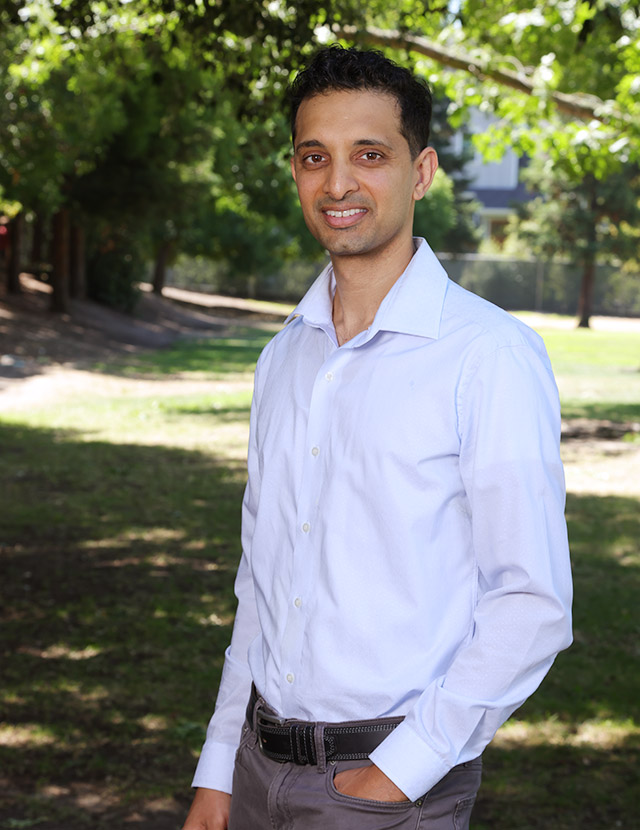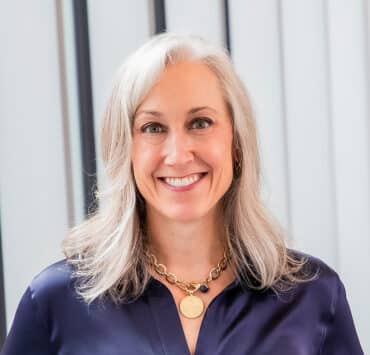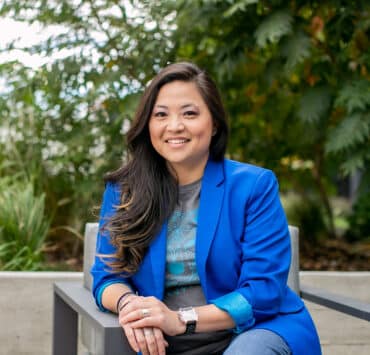|
Getting your Trinity Audio player ready...
|
When Vivek Ganti first went in-house after a decade of advising clients on a wide range of IP matters, he immediately noticed a communication disconnect. In private practice, the term “IP” had a clear-cut definition: patents, trademarks, copyrights, trade secrets, and other legally protected areas. The focus was primarily on whether you can register IP rights and how to establish IP ownership. But in-house, he heard people throwing the term around in a much broader context.
“I was surprised at the breadth of the questions that businesspeople needed answered around IP protection,” Ganti remembers. “IP involves any important information to the company that gives the company a competitive edge. Clients wanted practical options on how to best protect this information. Can you file a patent or register the IP? Not really in many cases. It took time to understand what other other options are available and how to tailor them for the client.”
The director of global IP protection at Applied Materials must understand what IP risk is and how this risk is created through business transactions, operations, and R&D. His reflection is simply part of the in-house journey, which requires an engineer’s mind, a translator’s skill, the ability to offer sound legal advice, and more than anything, a deep connection to and understanding of the organization’s business.
Ganti, a product development engineer at Intel prior to going to law school, had each of those first three qualities in spades, but he’s had to grow into “speaking the business” in the last few years. It’s an important skill for any IP attorney considering going in-house.
“Coming in-house, I’ve taken a broader view of what encapsulates IP,” Ganti explains. “It’s a bit of a context switch, but it’s an important one to make when you’re working with businesspeople.” To make a difference, he says, lawyers need to understand and adopt the business’s goals and align them with a legal framework. “It’s not going to work the other way around.”
Coming to Applied Materials in 2021 brought Ganti full circle. As an engineer at Intel, he remembers walking into labs and seeing Applied Materials tools and products everywhere. He filed away the company’s name as a need-to-know industry player. Now he’s on the other side, with Intel as one of Applied Materials’ customers.
“This is an industry that can’t disappear. In so many ways, it’s like magic. We help create the technology that’s all around us.”
Vivek Ganti
Ganti is passionate about his work in an industry that shows no signs of slowing down. The semiconductor industry was valued at $611.35 billion last year and is only expected to grow. Applied Materials customers include Taiwan Semiconductor Manufacturing Company and Samsung. The company provides equipment, services, and software for semiconductor manufacturing that wind up in computer displays, smartphones, televisions, and, more recently, solar products.
“This is an industry that can’t disappear,” Ganti says. “In so many ways, it’s like magic. We help create the technology that’s all around us.” It’s easy to take this technology for granted, he says. But he appreciates the “serious engineering” it takes to turn raw materials from the earth into these products.
As Ganti has risen through more leadership-focused roles, it occurred to him—later than he would have liked—how important it was for him to be a people leader and mentor. His recognition as part of the Legal Elite by Georgia Trend Magazine and a Rising Star designation by Georgia Super Lawyers didn’t tip him off that he’d made an incredible example to young attorneys.
The fan of self-help and self-improvement podcasts may have put too much pressure on himself to be perfect instead of just diving in. But better late than never. At forty-two, Ganti is mentoring younger lawyers and finding ways to give back.
“Coming in-house, I’ve taken a broader view of what encapsulates IP. It’s a bit of a context switch, but it’s an important one to make when you’re working with businesspeople.”
Vivek Ganti
Ganti’s own journey is proof that a rewarding legal career should be about passion, not titles. But that doesn’t mean it was always easy for the lawyer to ignore the signposts of a “successful” legal career.
“When you’re younger, you tend to look at people who are seen as top performers within your profession, pick out the things that you like and don’t like, and model yourself accordingly,” the IP director says. “If you do that mindlessly, you end up pursing more traditional paths of maybe partnership or becoming a general counsel.”
“I’m not saying those aren’t the right paths for people,” he continues. “But it’s so important to consider what you want out of your career and life; otherwise, you can wind up chasing things that aren’t fulfilling or better suited for someone else. It’s tough to try to think about why you want something, but I’d challenge younger lawyers to try. It can be a valuable exercise for both your career and life.”
“The goal is to find a good mix of being comfortable and uncomfortable,” he reflects. “Too much of one causes stagnation, and too much of the other leads to a lack of confidence.”
Ganti doesn’t give any of this advice with an air of authority. He just wants younger attorneys to know that he’s been there—and that following his passion has ultimately meant more than any other brass ring.
“As outside counsel, we have worked with Vivek on a wide range of matters. He is a fast learner, grasps complex issues quickly, and is a terrific communicator – a real skill and value add for any in-house lawyer. We enjoy working with Vivek and look forward to future projects.”
–Jonathan Musch, Partner



